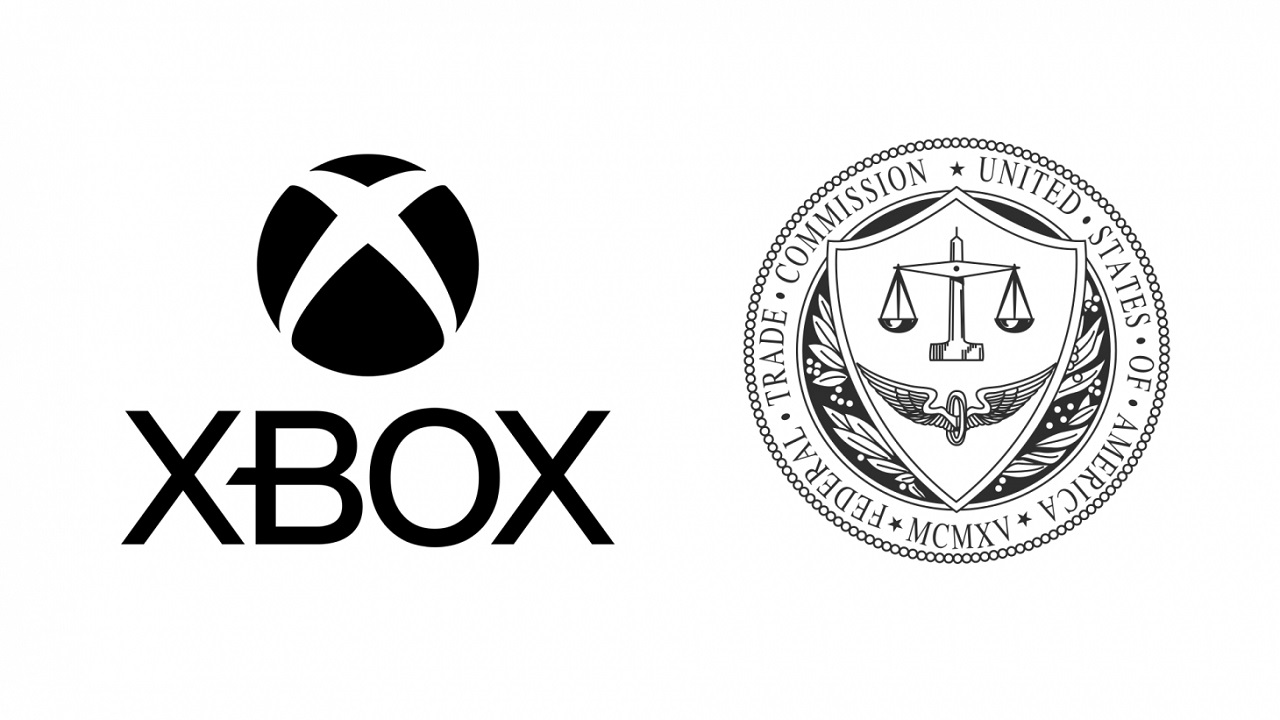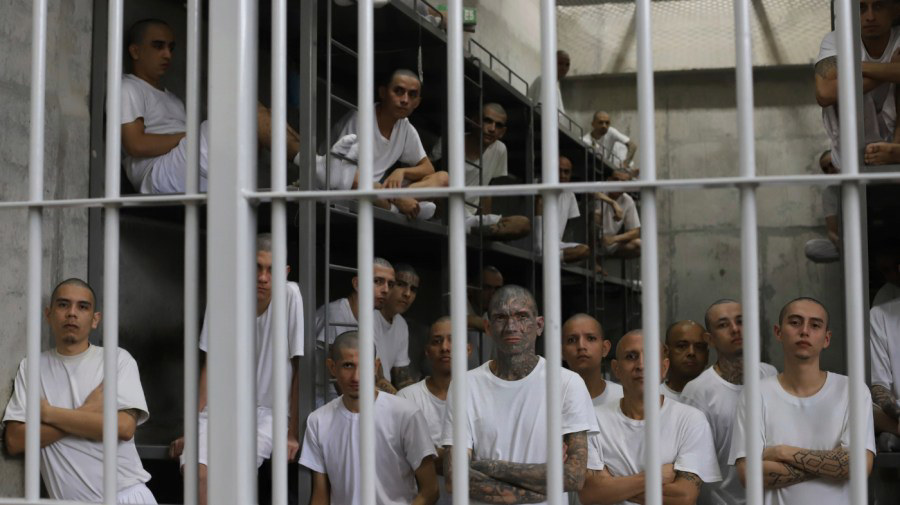FTC To Challenge Activision Blizzard Acquisition By Microsoft

Table of Contents
The FTC's Concerns Regarding Competition
The FTC's primary concern centers around the potential for the Microsoft-Activision Blizzard merger to significantly reduce competition within the gaming market. This concern stems from two key areas: market dominance and the impact on pricing and innovation.
Domination of the gaming market
- Microsoft's already substantial market share: Microsoft is a major player in the gaming industry, with its Xbox consoles and the growing success of its Xbox Game Pass subscription service.
- Potential for anti-competitive practices: The FTC argues that acquiring Activision Blizzard, a company with immensely popular franchises like Call of Duty, World of Warcraft, and Candy Crush, would give Microsoft an unfair advantage, allowing them to engage in anti-competitive practices.
- Impact on competitors like Sony and Nintendo: The merger could significantly harm competitors like Sony, which relies heavily on Call of Duty's presence on PlayStation, and Nintendo, potentially shifting market power disproportionately towards Microsoft.
The FTC's argument rests on the premise that this merger would stifle competition, especially within the console and cloud gaming markets. They fear that Microsoft could leverage its newly acquired assets to make key franchises exclusive to its platforms, forcing players to migrate to Xbox to access beloved titles like Call of Duty. This exclusivity could severely hinder Sony and Nintendo's competitiveness.
Concerns about pricing and innovation
- Potential for higher prices for games and consoles: The FTC worries that reduced competition could lead to higher prices for games and consoles, ultimately harming consumers.
- Reduced innovation due to lack of competition: A lack of competitive pressure could also stifle innovation, as Microsoft may have less incentive to invest in groundbreaking new technologies or gaming experiences.
- Impact on consumer choice: Ultimately, the FTC believes this merger could limit consumer choice by reducing the diversity of games and platforms available.
The FTC's concerns extend beyond simple market share. They argue that the lack of competition could lead to a decline in quality, a rise in prices, and ultimately a less dynamic and innovative gaming market.
Microsoft's Defense of the Acquisition
Microsoft, naturally, disputes the FTC's claims. Their defense rests on two main pillars: arguments against anti-competitive behavior and the potential benefits for gamers and developers.
Arguments against anti-competitive behavior
- Microsoft's commitment to keeping Call of Duty on PlayStation: Microsoft has repeatedly stated its commitment to continuing to release Call of Duty on PlayStation, highlighting this as evidence against anti-competitive intent.
- Claims of increased competition in the cloud gaming market: Microsoft argues that the merger would actually increase competition in the rapidly growing cloud gaming market.
- Plans to invest in game development and innovation: They promise increased investment in game development and innovation, leading to better games and experiences for players across all platforms.
Microsoft emphasizes that they intend to expand the reach and accessibility of gaming, not restrict it. Their counterarguments focus on their commitment to continued cross-platform compatibility and increased investment in gaming technology.
Benefits of the merger for gamers and developers
- Potential for improved game quality: Microsoft highlights that increased investment will lead to better game quality and more immersive gaming experiences.
- Wider availability of games across platforms: They assert the merger will promote wider availability of games across different platforms, benefiting a broader audience.
- Increased investment in game development: Microsoft claims that the merger will allow for greater investment in game development, potentially leading to more innovative and ambitious titles.
- Access to new technologies: The acquisition could also bring access to new technologies and development tools, potentially improving the gaming experience for all.
Microsoft paints a picture of a synergistic merger, emphasizing the potential for benefits across the board – for developers, gamers, and the industry as a whole.
Potential Outcomes and Implications
The legal battle ahead is likely to be long and complex. Its outcome will have a significant impact on the gaming industry and its consumers.
Legal battle and its timeline
- Expected legal proceedings: The FTC's challenge will likely involve extensive legal proceedings, including discovery, expert testimony, and potentially a full trial.
- Potential delays in the acquisition: The legal process could cause significant delays, potentially postponing or even permanently blocking the acquisition.
- Possible outcomes (block, conditional approval, or dismissal): The FTC could ultimately block the merger completely, approve it with conditions (such as divesting certain assets), or dismiss the case entirely.
The timeline for the legal battle is uncertain, but the process will undoubtedly be lengthy and potentially expensive for all parties involved.
Impact on the gaming industry and consumers
- Effect on game prices: The outcome will significantly impact game prices, potentially leading to increases if the merger is approved without conditions.
- Game availability: The future availability of certain games across different platforms will be a key factor influenced by the legal decision.
- Future mergers and acquisitions: This case will set a precedent for future mergers and acquisitions in the gaming industry and the broader tech sector.
- Influence on regulatory policy: The outcome could significantly influence regulatory policy regarding mergers and acquisitions in the tech industry, potentially leading to tighter scrutiny of future deals.
The FTC's challenge to Microsoft's acquisition of Activision Blizzard is a pivotal moment. The outcome will have significant long-term consequences for the gaming industry, affecting not just the balance of power amongst companies but also the gaming experiences of millions of consumers.
Conclusion:
The FTC's challenge to Microsoft's Activision Blizzard acquisition represents a crucial turning point for the gaming industry. The case illuminates critical concerns about competition, market dominance, and the future of gaming itself. The ultimate outcome will have far-reaching consequences for both consumers and the industry.
Call to Action: Stay informed about the ongoing FTC challenge to the Activision Blizzard acquisition by Microsoft. Follow the developments closely to fully grasp the implications of this pivotal case for the future of gaming and competition. Continue to research the arguments from both sides to formulate your own informed opinion on this significant issue.

Featured Posts
-
 Ghettoisation Concerns A Uk Citys Caravan Problem
May 10, 2025
Ghettoisation Concerns A Uk Citys Caravan Problem
May 10, 2025 -
 Nhl Game Prediction Oilers Vs Sharks Best Picks And Odds
May 10, 2025
Nhl Game Prediction Oilers Vs Sharks Best Picks And Odds
May 10, 2025 -
 7 Year Prison Sentence For Gpb Capitals David Gentile In Ponzi Like Scheme
May 10, 2025
7 Year Prison Sentence For Gpb Capitals David Gentile In Ponzi Like Scheme
May 10, 2025 -
 Bangkok Post The Urgent Need For Transgender Rights Reform
May 10, 2025
Bangkok Post The Urgent Need For Transgender Rights Reform
May 10, 2025 -
 Us Citizens Sent To El Salvador Prisons Jeanine Pirros Dismissal Of Due Process
May 10, 2025
Us Citizens Sent To El Salvador Prisons Jeanine Pirros Dismissal Of Due Process
May 10, 2025
